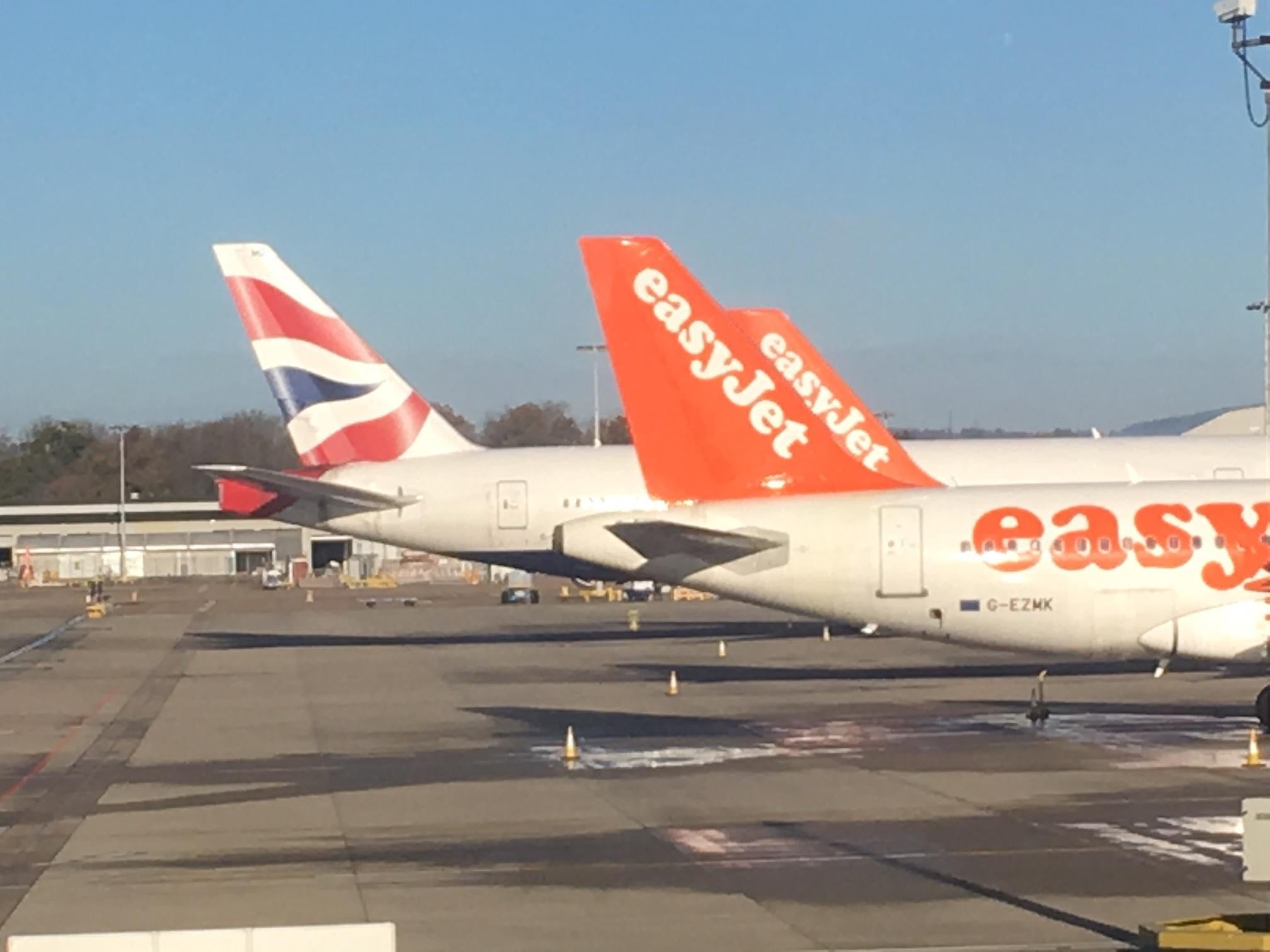Where will British Airways go with Monarch's old Gatwick slots?
Plane Talk: BA has the chance to restore lost connections

One of many sad elements of the collapse of Monarch: financially, the airline’s proud heritage, excellent staff and formidable safety record count for nothing. The only significant asset, in the view of the administrator, is the portfolio of slots at Britain’s overcrowded airports.
KPMG is responsible for extracting what value it can from the wreckage of the airline that collapsed two months ago. After some legal wrangling, it won the right to sell Monarch’s former slots at Gatwick and Luton. (Permission to land and take off at Birmingham, Leeds-Bradford and Manchester, Monarch’s other former bases, is less sought-after.)
While the creditors have squeezed a few million from Wizz Air for prime-time slots at Luton, the vast majority of the value resides in Monarch's summer schedule at Gatwick. The now-failed airline had patiently amassed 4.5 per cent of the slots at the world’s busiest single-runway airport. On a busy day (which they all tend to be at the Sussex airport between Easter and October), that corresponds to 40 movements or 20 round trips.
Had the slots been returned to the pool, some would have been offered to new entrants and the remainder divvied up between the existing airlines in proportion to their existing positions. So easyJet might have won eight of the slot pairs, British Airways three or four, with Norwegian, Thomas Cook, TUI and Virgin Atlantic picking up one or two each.
Instead, BA’s parent company, IAG, paid something north of £50m for the whole lot. With the stroke of a pen on a cheque, it has increased its portfolio at Gatwick by 28 per cent. So what will it do with the slots?
In the wake of the Monarch collapse, some readers have asked if the failed airline’s links will be restored – if the old slots could be used only for the routes they served, such as Gatwick-Gibraltar or Birmingham-Stockholm. A fair assumption to make, but the system doesn’t work like that. A pair of slots is simply permission granted at a particular airport to land and take off at specific times. The airline can exercise that right by flying wherever it wishes. Even with no passengers on board.
In the early 2000s, Qantas chartered a regional jet to shuttle from Heathrow to Manchester each morning and back each afternoon. It typically carried just a handful of passengers connecting to and from the Australian airline’s long-haul services. They could just as easily have flown on one of the existing British Airways flights, but the move meant Qantas did not fall foul of the “use them or lose them” slot policy.
Only a decade ago, British Mediterranean, which was later absorbed into BMI, went extreme “slot warming” for a season. After it abandoned a link to the Uzbek capital, Tashkent, BMed flew an empty jet six times a week between Heathrow and Cardiff, parking it there for a few hours and then flying back.
In principle, British Airways could use its slots to fly from Gatwick to Bournemouth, Bristol or Birmingham, with or without passengers. But that’s unlikely. As Alex Cruz’s airline gets to work on selecting destinations, I thought I should help by looking back a couple of decades, to the year before easyJet moved in to Gatwick: 1996.
BA was by far the biggest carrier at the airport, and that summer it served many destinations that have since fallen off the airline’s network map from any airport: Antwerp, Belgrade, Cologne, Jerez, Perpignan and Stavanger in Europe; Entebbe, Harare, Lilongwe and Lusaka in Africa. Frequent flights shuttled to Brussels and Paris, too; Eurostar had yet to power up to its full schedule.
I would be surprised to see these cities reappear on BA's Gatwick screens any time soon. But the airline may decide to rebuild its domestic network.
In 1996 there were six daily BA flights to Manchester and back, five to Newcastle and three to Leeds-Bradford. Now there are none. But with a growing long-haul network it could be worth bringing back, say, a three-a-day link to Manchester. As well as generating valuable transfer traffic, it would also help deal with BA’s next problem: where to find the aircraft and crew to fill the slots.
The shorter a route, the lower the demands on these valuable assets, and a 180-mile hop to Manchester is as short as they get. But don't be surprised to see Qatar Airways’ short-haul planes make an appearance at Gatwick next year, just as they did at various UK airports in October during the rescue airlift after Monarch's demise.
Join our commenting forum
Join thought-provoking conversations, follow other Independent readers and see their replies
Comments
Bookmark popover
Removed from bookmarks